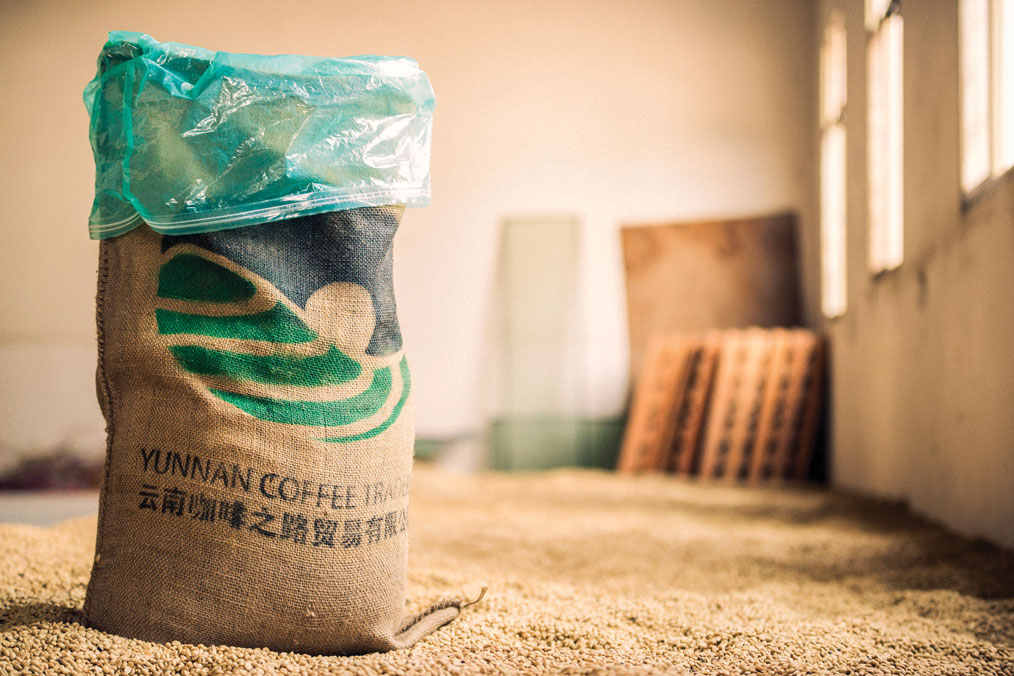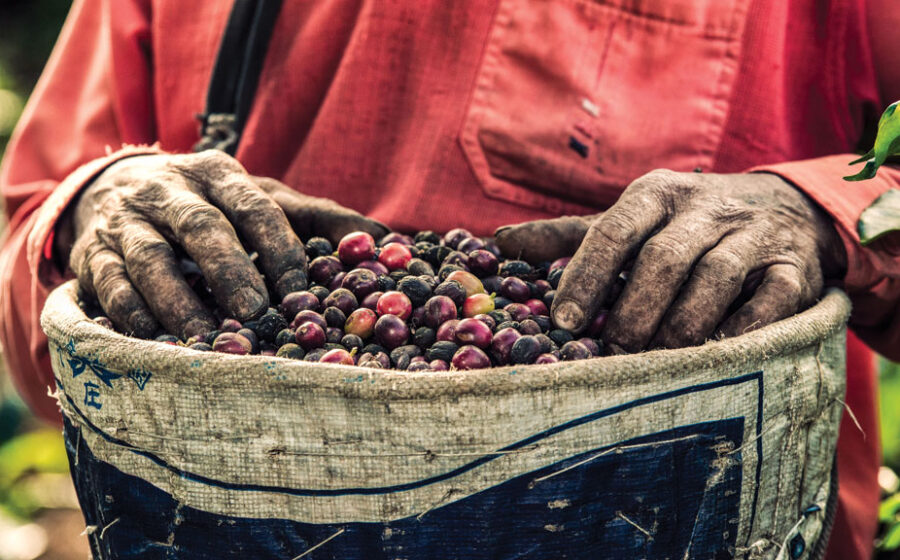[O]utsiders who devote their work to supporting coffee-growing regions become both observers and participants in the lives of producers.
The challenge is not just knowing how to help, but implementing assistance so the farmer’s life, work, and family can experience an actual change for the better. For the last eight years, this has been the passion of Yunnan Coffee Traders as we work with coffee farmers in southern Yunnan.
I first came to China in 2009 as a part of an effort to invest in community development in the rural areas of Yunnan. As the areas we were working among began turning their attention and focus to coffee, we realized that this exciting industry could become a way to develop communities and provide financial stability for low-income regional farmers.
We began by becoming students, learning the nuances of the coffee industry, the region, and the culture to know exactly how to help. Associations like the Coffee Quality Institute (CQI), Specialty Coffee Association (SCA), and other industry leaders were instrumental in providing a basic foundation for education and instruction. But it was the countless conversations with farmers in this region that provided the nuts and bolts to this framework.
Our company, Yunnan Coffee Traders, began exporting coffee four years ago, introducing the world to the specialty coffees grown in the region. We identified several pressing needs early on: (i) a need to understand exactly how to produce and assess the quality of the local coffees; (ii) a way to identify the value for that coffee; and (iii) a need to open new markets to sell the coffee. There were times when some of this work seemed to offer a quick fix when we desired to deliver long-term solutions. Over time, the driving force in our local initiatives has become innovation across the entire production process. No small task, but we are up for the challenge!
In 2015, I was talking with our main coffee grower, Mr. Hu (highlighted in Fresh Cup’s December 2016 issue) about the challenges our cooperative farming members were confronting—they did not have sufficient time to harvest coffee. They were trying to simultaneously harvest tea, coffee, and sugar cane. Scrupulous selective picking methods posed a challenge, as there simply weren’t enough hours in the day. We didn’t want to compromise on the high quality we’d been able to achieve, but the reality of demand on our time was an issue we had to address.
Knowing that many countries use mechanical harvesting methods and wondering how they deal with this problem, we found inspiration when we began to consider the color-sorting technology commonly employed at the dry mill. So we decided to explore what it would look like to introduce this concept at the wet mill.
A color-sorting machine in action on a mill in Yunnan.
Color sorting has been implemented in wet mills around the globe, but it had never been used in Yunnan—and importing the technology was not going to be cheap. I reached out to a domestic color sorting company to share with them our challenge and see if they had a machine that could successfully, quickly, and accurately sort ripe and unripe coffee cherries. We met many hurdles—the color sorting company had limited coffee knowledge, and it was quite a challenge to explain what a real-life situation at the wet mill would be. We needed this color sorter to be waterproof and easy to use, and we needed to be able to easily handle the inevitable dirt and debris.
After more than a year of research, development, and tweaking, we introduced the first ever commercially viable color sorting technology for wet mill use in China. We believe there is room for improvement, but the initial runs are looking amazing—and the coffee is fantastic. In fact, our naturals this year have consistently been cupping among the best coffees in Yunnan. Farmers are already bringing their coffee cherries to our mill to be sorted, and wondering when they can install a color sorter at their mill.

In implementing the color sorter, it has become very clear that this type of technology has the ability to overcome many obstacles farmers face when increasing quality by only using fully ripe cherries. However, we are still working with the company who manufactures these machines to increase the volume per hour, and to provide machines at different price points. Our desire is that smallholder farmers as well as large plantations can access this technology at an affordable price.
Ultimately, we believe that increasing the quality of the coffee farmers are producing provides them the opportunity for higher revenues. As our company continues to expand Yunnan’s acceptability in the foreign market, we believe there will be more and more opportunities globally for high-quality coffees from this region.
—Tim Heinze is the general manager and owner of Hani Coffee Co. and Yunnan Coffee Traders.

















